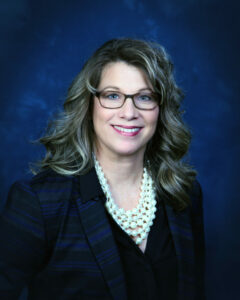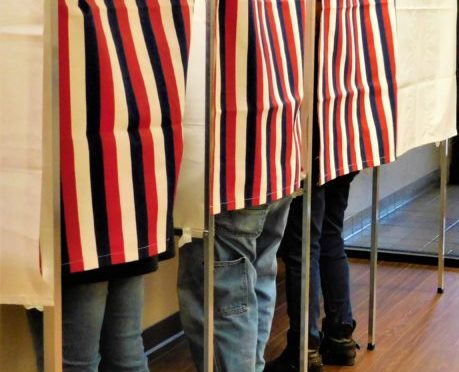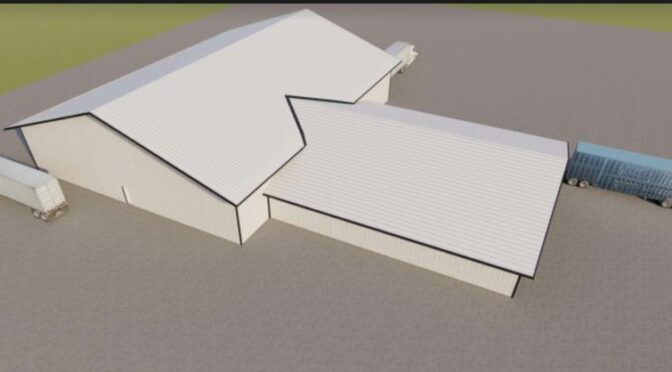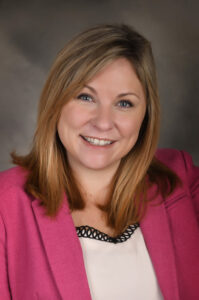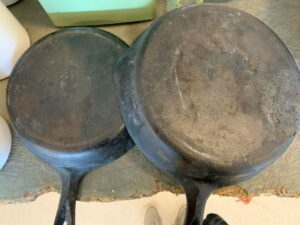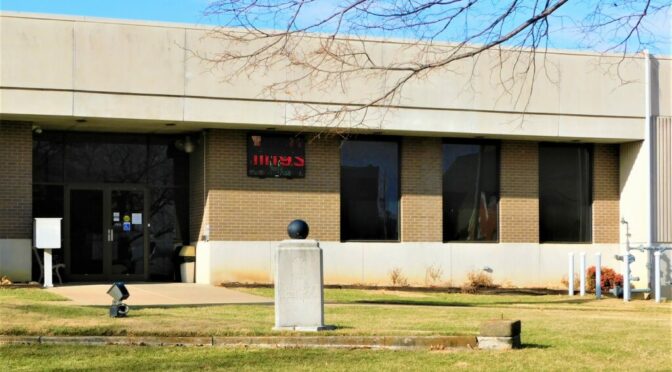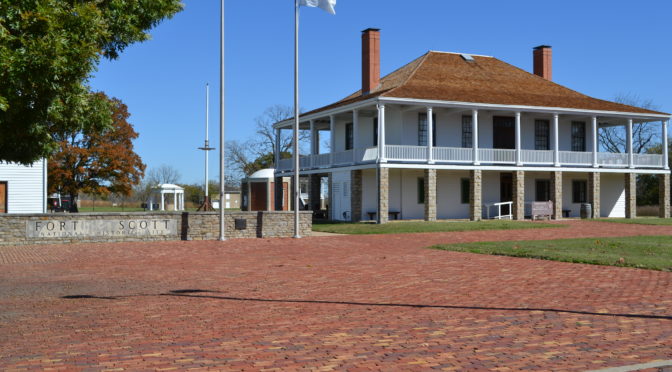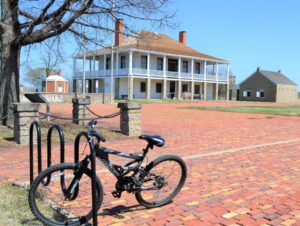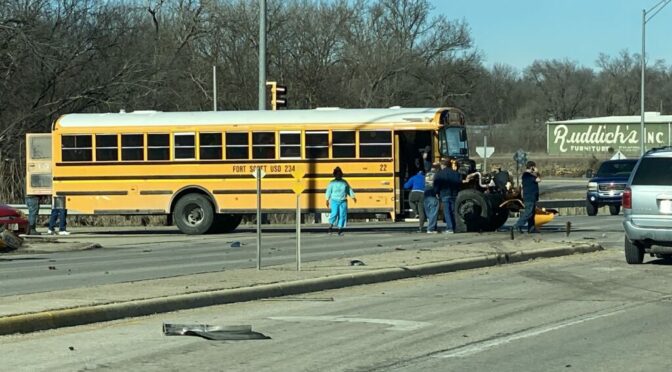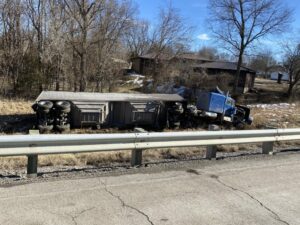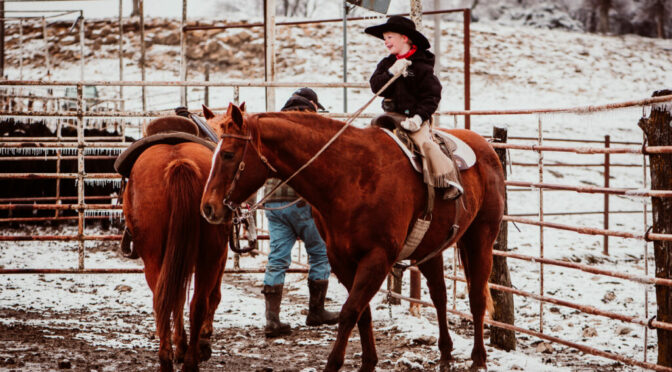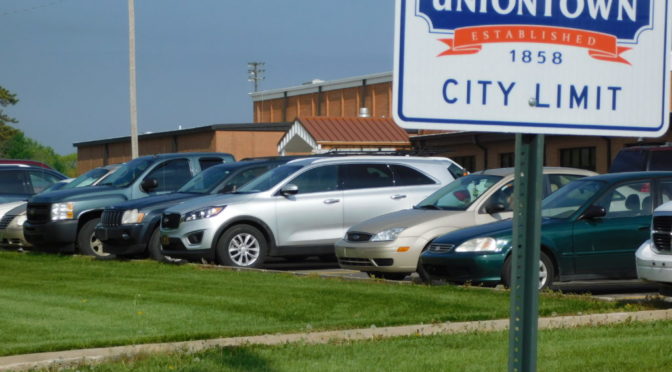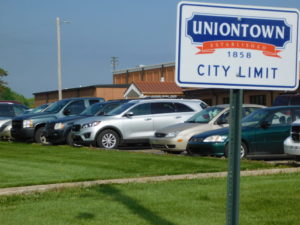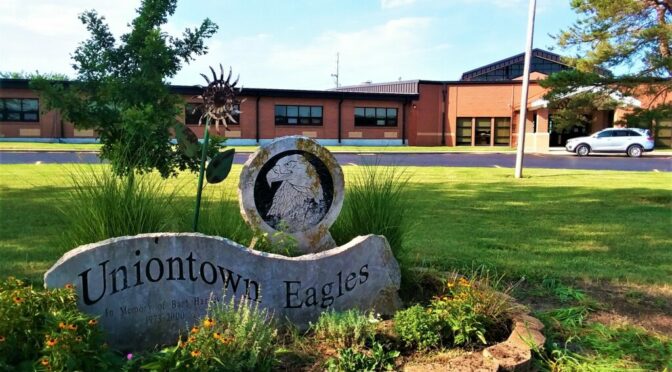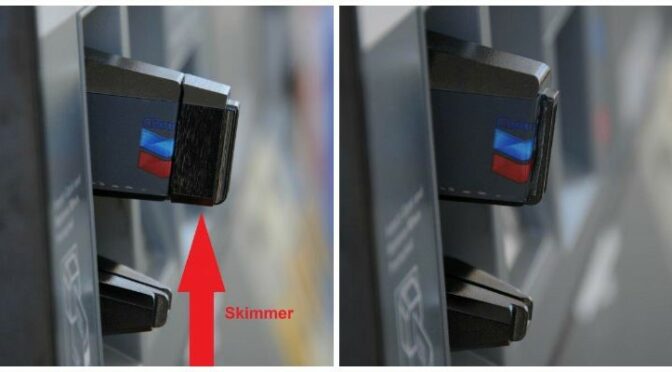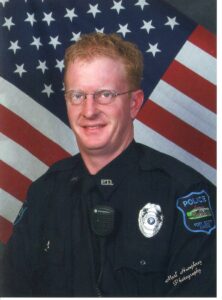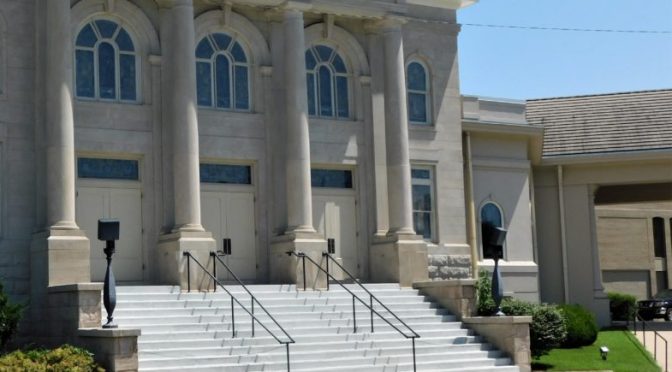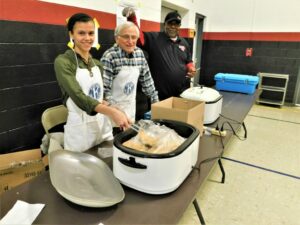February 17, 2021 Wednesday 3:00 pm
The Bourbon County Commission met in an open session with all three Commissioners and the County Clerk present.
Susan Bancroft was also present for the meeting.
Clifton made a motion to approve the minutes from the previous meeting, Jim seconded and all approved.
Eric Bailey reported that his employees put forth a great team effort when dealing with the recent winter storm we had. He said they experienced a lot of issues with equipment freezing up. An east-bound vehicle pulled out in front of a north-bound road grader at 18th & Horton; Eric said there was no damage to the grader.
Eric said the spreader box was going to cost $5,000 to have someone else repair it; they repaired it in-house. He said they are taking the Mack truck for repairs on February 23rd.
Eric reported that the County removed the overburden at the Beth Quarry and said they would get a blast scheduled for there; Jim said the County needed to re-do a contract with the Beth Quarry with a new legal description.
Eric said they received the motor back for the rock crusher, but was still having issues with the motor; he hopes to have the motor back in the next few days. He said they are getting behind in making chips.
Eric said Ag Engineering is finalizing the report for the dam at Elm Creek Lake.
Eric recommended a yield sign be replaced with a stop sign at 175th & Tomahawk; Clifton made a motion to change the yield sign to a stop sign for the east/westbound traffic at 175th & Tomahawk, Jim seconded and all approved.
Eric said he is still trying to get an estimate for a trailer that was recently wrecked as well as getting another estimate to fix a Sterling truck.
Lynne made a motion to go into a 15-minute executive session for KSA 75-4319(b)(1)to discuss personnel matters of individual non-elected personnel to protect their privacy to discuss job duties, the Commissioners will meet in another location and reconvene in the Commission room at 3:28, Jim seconded and all approved, (the session included the Commissioners, Eric Bailey, and Susan Bancroft). Lynne made a motion to come out of the executive session and resume the meeting, Jim seconded and all approved. No action was taken.
Justin Meeks arrived at the Commission meeting.
Clifton made a motion to go into a 10-minute executive session for KSA 75-4319(b)(1)to discuss personnel matters of individual non-elected personnel to protect their privacy to discuss job duties, the Commissioners will meet in another location and reconvene in the Commission room at 3:43, Jim seconded and all approved, (the session included the Commissioners, Shane Walker, and Justin Meeks). At 3:43, Lynne made a motion to come out of the executive session and resume the meeting, Clifton seconded and all approved. Lynne made a motion to do a Resolution for a GIS IT position for $32,000 annually and made a motion that the County participate in an apprenticeship program & to hire someone for this program @ $10/hour, Jim seconded the motion, Justin said this is a Federal program & there will be monetary help with the apprenticeship program, Lynne said this program is used to help keep young people in Bourbon County, all approved the motion.
Lynne made a motion to amend the agenda to remove Susan Bancroft & Bobby Reed from the agenda since their issues had been resolved, Clifton seconded and all approved.
David Neville met with the Commissioners regarding the door edge replacement for the elevator; he had two quotes, KONE quoted $8,674 and MEI quoted $3,789.28. Jim questioned the large difference in the quotes; David said he hadn’t used MEI for work before and said KONE has done work on our elevator before. Jim made a motion to approve MEI to do the repairs to the elevator for $3,789.28 and that Lynne signs the agreement with MEI, Clifton seconded and all approved.
Bourbon County Appraiser Clint Anderson met with the Commissioners; he said he had applied for an extension from March 1st – March 15th for the mailing of the valuation notices. Clint requested to move any remaining funds from the Appraisers 2020 budget to the Appraiser reserve funds; Susan Bancroft said that fund had a beginning cash balance that was incorrect by $30,000, Susan and Clint will visit regarding this issue.
Shane Walker met with the Commissioners; he said there have been communication issues with the Sheriff/dispatch for the Garland area. Wisper Internet agreed to sell Bourbon County a 300’ tower for $1,000 and the County can buy land and save money versus leasing land for a tower for the internet. Justin said this was a safety issue and can turn into help for economic development, Lynne made a motion to sign the land contract and the Wisper Internet contract, Clifton seconded, and all approved and Lynne signed the documents.
Emergency Manager William Wallis met with the Commissioners regarding a recent winter storm Bourbon County had. KDEM informed Will that 22 counties in Kansas would have issues with natural gas conservation. Some cities purchase natural gas in bulk when the price is lower and then sell the gas to their customers; however, due to the recent cold weather many areas have run out of their bulk supply and now the purchase price for the gas will be much higher for those cities. Will said Uniontown purchases natural gas (Uniontown then sells the gas to customers) in bulk from the broker KMGA during the summertime when the price is lower and said their reserve is gone. Will said the price of fuel for the City of Uniontown could increase 100-120%. Will said the elementary school there can be used as a warming center if needed. Will said if the County adopted a resolution titled Extreme Severe Cold Weather Emergency Declaration there may be funds available to help the City of Uniontown. Jim questioned if there was any assistance to help others that will be facing higher utility bills due to the storm. Lynne made a motion to approve Resolution 11-21, an extreme severe cold weather emergency declaration, Clifton seconded and all approved and signed the Resolution.
Justin Meeks said he and Susan Bancroft would be meeting to discuss overtime issues; he said even though the Courthouse closed due to the recent weather there was still emergency personnel that had to work.
Justin said he will work with Clint Anderson regarding a KORA issue.
The Commissioners are not ready to schedule the 2020 audit yet.
Lynne made a motion to approve Resolution 12-21, a wage resolution adding the position of GIS Tech and the apprenticeship position, Jim seconded and all approved.
Jim suggested that the County consider purchasing an incinerator for the Landfill in order to accept trash from other areas to burn trash to generate revenue.
Susan Bancroft said she had met with three different departments regarding their 2020 budgets.
The February 23rd and the March 2nd Commission meeting will be held at City Hall beginning at 9:00 am.
At 5:20 Jim made a motion to adjourn, Clifton seconded and all approved.
THE BOARD OF COMMISSIONERS
OF BOURBON COUNTY, KANSAS
(ss) Lynne Oharah, Chairman
(ss) Jim Harris, Commissioner
(ss) Clifton Beth, Commissioner
ATTEST:
Kendell Mason, Bourbon County Clerk
February 23, 2021, Approved Date
